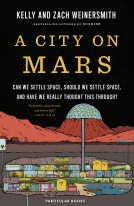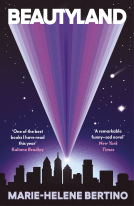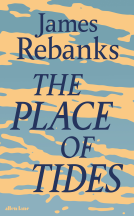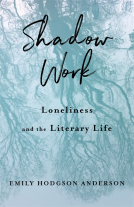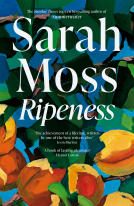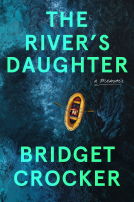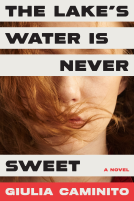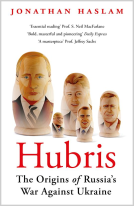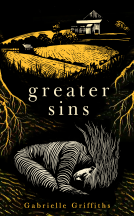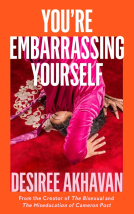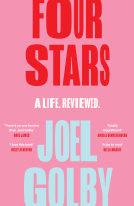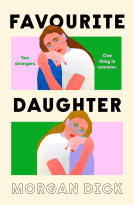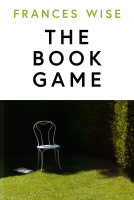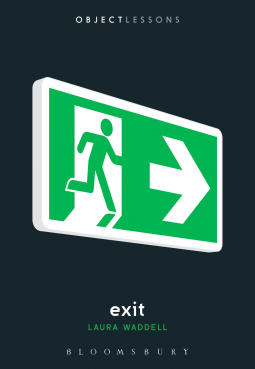
Exit
by Laura Waddell
This title was previously available on NetGalley and is now archived.
Send NetGalley books directly to your Kindle or Kindle app
1
To read on a Kindle or Kindle app, please add kindle@netgalley.com as an approved email address to receive files in your Amazon account. Click here for step-by-step instructions.
2
Also find your Kindle email address within your Amazon account, and enter it here.
Pub Date 3 Sep 2020 | Archive Date 3 Oct 2020
Talking about this book? Use #Exit #NetGalley. More hashtag tips!
Description
Object Lessons is a series of short, beautifully designed books about the hidden lives of ordinary things.
Exits are all around but rarely remarked upon. Every day, exit signs mark the difference between travelling and arriving at a destination and ever-present emergency routes out. Exits are at the core of contemporary cultural and political discussions (Brexit, independence referenda, polls), as well as personal liberations. But instead of a way out, do exits ever serve to constrict our choices?
To exit is to cross a boundary, swapping one reality for another, taking the option of being either in or out, here or there. Part investigation into what it really means to 'exit' and part city travelogue, Laura Waddell's Exit goes beyond the door to see what's on the other side.
Object Lessons is published in partnership with an essay series in the The Atlantic.
Advance Praise
"Exit is a quite wondrous piece of writing, cleverly and movingly encouraging us to think of the ordinary in new and challenging ways. As it happens, I read this brilliant book while pondering what an ‘exit’ from the coronavirus lockdown might look like, and the reminder that exits often lead to new and better beginnings was a welcome inspiration indeed."
- Nicola Sturgeon, First Minister of Scotland
“Roaming from Glasgow to Kowloon Walled City, Laura Waddell's Exit is deft, compelling and deep; revealing the extent to which the political is always personal. There are no simple escapes in these studies of exclusion, entrapment and exile yet Waddell proves in the persuasive empathy and acuity of her writing that it is possible to throw open our windows to light and sound from outside, elsewhere, one another.”
- Darran Anderson, author of Imaginary Cities and Inventory
Available Editions
| ISBN | 9781501358159 |
| PRICE | US$14.95 (USD) |
Featured Reviews
Thoughtfully and beautifully written. A quick read, I really enjoyed this book. The author covers a wide variety of subjects, but it all comes together well. The vignettes at the end of the book were particularly good.
This is a book that knows it will be dated the minute it went to the publishers. It says exactly what date that was, tying into the awful deaths of Vietnamese immigrants in the UK in the back of a truck in Essex. And it does so with a wild abandon and glee, not realising that between submission and publication a massive EXIT will be crowbarred into public life, history will have happened. That's fine, Laura Waddell is writing for that moment, her survey - yet again massively broad as the wont in with Object Lessons - takes the concept of Exit on a broad journey from the obvious (the sign on the cover), via the cultural (lots of Sesame Street) and of course the metaphysical.
Of all the Object Lesson books I have read this is the most disjointed, the most prone to leap from idea to idea, to stress certain political conceptions of exit/entrance to a forensic level whilst leave other (where is the NO EXIT sign) to the wind. It is also probably the most enjoyable, Waddell is thinking out loud here and whilst she hits a couple of the core concepts (the history of the Fire Exit, New York Shirt Waist Fire), there are lots on non-obvious tangents The piece on Kowloon Walled City could easily be argued out of the book, but sits well in a set of thoughts about buildings which are malleable, exits become corridors, become entrances. Because once you get to the metaphysical level (and before you think about death) an exit is just a transition in state, and exodus a transition of state. She seems to be having the most fun of the Object Lesson authors I have read so far (it is most similar to Political Sign, which may not be surprising as they both tangentially concern themselves with signage).
Waddell leaves he coup de grace to her final chapter however, giving us thirty examples of exits, some frivolous, some aw inspiriting, some tragically sad. It was as if the previous idea fountain was the prologue to thirty short stories about exits, and I loved it.
[Netgallley ARC]
